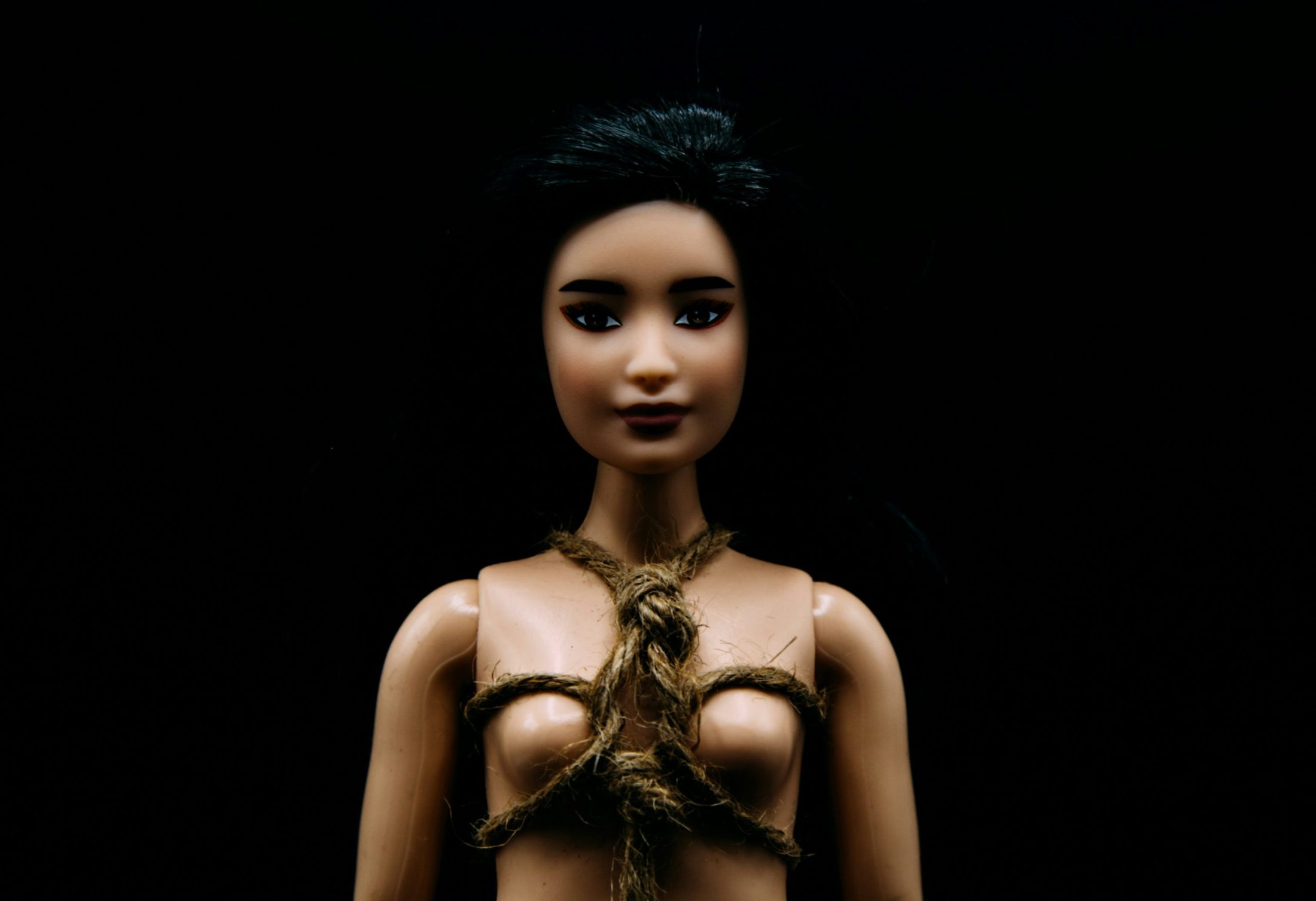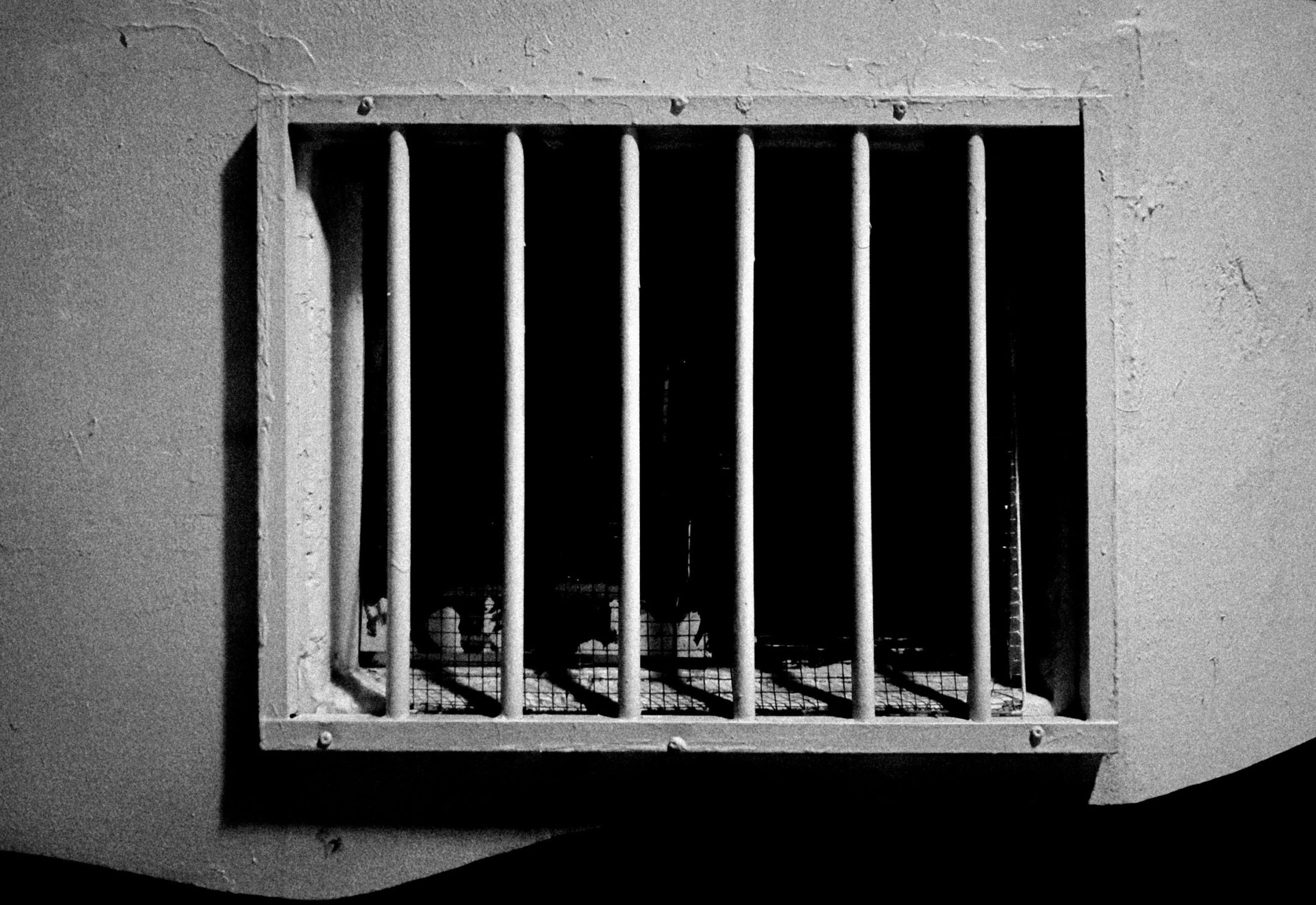news
Writing Offline

Recently, I was reading an interview with Ann M. Martin — perhaps my secret favorite writer of all time, the woman responsible for the voice that narrated me through my childhood, both on and off the page — and, in describing her daily routine, she mentioned that she “eases into the day” by taking care of email, then settles in to write. That struck me as counterintuitive — lately, my morning tactic has been to try to write for as long as I can possibly bear before finally opening my window onto the living world. You know, the pretend-window that I pretend-open by pretend-pressing some pretend-buttons. On my computer screen, which is also my canvas, my instrument, my palette, and my page. Does any other art have it so hard?
My email isn’t something I can ease in or out of very gracefully, nor is it something that can be taken care of in a single shot, and reading about Martin’s routine got me thinking about the differences between “growing up” as a writer today — or, okay, being a youngish wannabe writer, one of this so-called digital generation — and growing up as a writer in an earlier era. I can’t really fathom trying to write a whole short story or (god forbid) a novel on paper or a typewriter, although, sure, it might be a good option if the internet’s temptations are really killing me so hard. Nor can I honestly imagine writing on some kind of dino processor that’s not connected to the internet, though I’ve fantasized about the idea. It’s just that — when I got stuck, what would I do?
Sit there? Take a walk? Try harder?
Has any other generation of endeavoring writers had to battle a distraction this powerful, this omnipresent, and this snugly nuzzled against their work?
On principle, I’m reluctant to entertain any question that, like this one, reeks of literary doomsdayism. I hate hearing about the death of the novel, the poor prospects for literature today — all of it feels false, coming as it does at a time when people seem to be reading, in some form or another, quite a lot. I don’t like to believe that the spray of newfangled digi-stuff really represents such a monumental change, even for the literary world. We’re still communicating and we’re still living. We’re still making up stories and writing them down and giving them away to be read.
Nor do I really want to address the question in what might be the anti-doomsday way — that is, to come up with some slick metaphor that shows how we internet-surfing writers may actually have an advantage over the writers of the past. I could say that today, more than ever, there is life literally pressed up against our art-work (that funny work of rearranging pixels of meaning on the 2D-but-actually-infinitely-D plane of the screen). Life: the breathing bodies of friends and enemies and strangers, all lurking just behind the virtual page, waiting to chat, to exchange news and jokes and stories and insults and love; life, right there living within and underneath our work, ready to feed and fill and maybe receive our art — this undoubtedly a good and beautiful thing.
I do admit to feeling some writerly pleasure at the idea that the boundaries between our lives-lived and lives-on-the-page are blending — at the fact that more and more of our “living” happens in text, in these black squiggles that readily translate into words and that, bouncing between cell phones, between computers, between paper and brain, can so easily become, themselves, an act. But to exalt our historical moment in any way — to pay its idiosyncrasies any sort of privilege or disdain — feels to me like a mistake. I don’t know what the opposite of timeless is, but I’m recoiling from it.
What I want, frankly, is for my writing work and the internet to exist in some maybe-unremarkable harmony, the way they seem to for Ms. Martin. I suspect that’s how it is for many writers who have it better than me: their work is not so precious as to need to go untouched by the bustling online world, and, in hand, the online world is for them less threatening. Maybe their work is also more engrossing (read: better) than mine.
It’s only because this is what I want but don’t have that I can’t help but shout it: Painters, actors, musicians, you have it so easy! You veritable farmers! Alone and unbothered out there with your seedlings: watering, harvesting, bearing fruit. It’s not even as if we could balance the scales by somehow inviting the internet onto the palette, the stage, the violin — even then, I think, it would not be much of a threat for you others. The thing about the online world is that it is not only physically near the writing artist’s work — and, for its sociability, particularly alluring for the writer who works alone — but also that the online world is physically like our artistic world. Made up of letters, sentences, and lots and lots of silent, private, outside-of-real-time talk. A child, an alien, or even a prize-winning author could be forgiven for, once in a while, not being able to tell the difference between the fake real world of the writer and the real online world of…the world.
So here’s the story: Once upon a time, writers navigated between speech and writing, life and art. On the page, they painted a picture of their world and played the song of its sounds. Now, the page is the world. Or, at least: every day, the page and the world get closer. They creep up on each other, they press together in the dark and feel each other — so smooth, so alike. What’s a writer to do? Go out and play with the world, I guess.
– Helen Rubinstein is a youngish wannabe writer, one of the so-called digital generation. Her fiction has received awards at Yale, at the Wesleyan Writers Conference, and at Brooklyn College, where she’s finishing her MFA. She will be writing without an internet connection as a Fellow at the MacDowell Colony in the spring.









